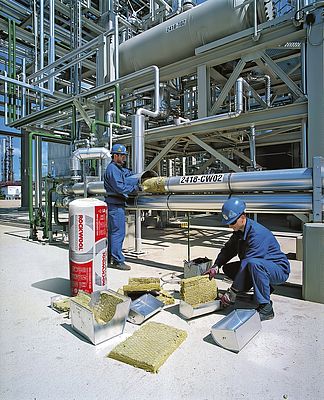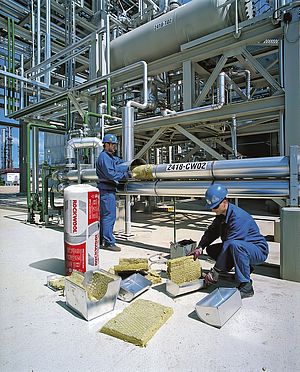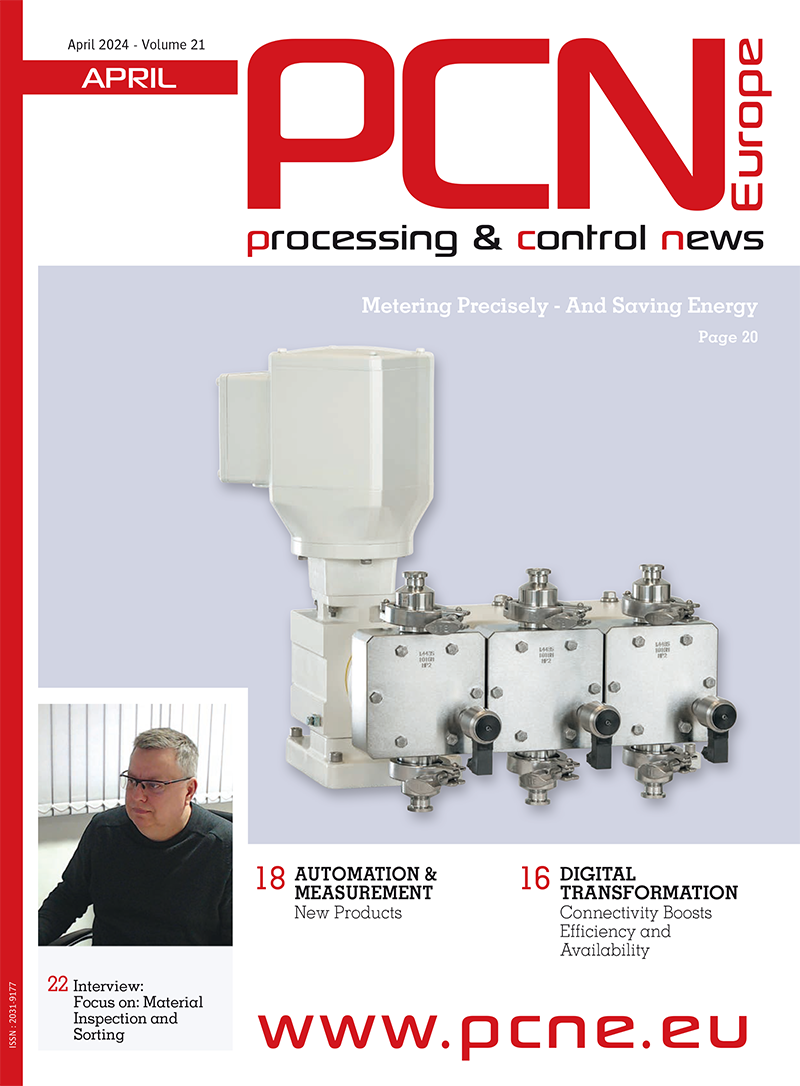Effective insulation of technical installations – such as hot pipes, boilers and tanks – can save millions of tonnes of CO2, helping to protect the environment, whilst saving operators millions of Euros. A calculation tool by Rockwool Technical Insulation helps to identify possible savings in both energy and CO2 emissions for the process industry, where differences between the internal and external temperature of very hot pipes can exceed 600°C. Today 50mm of insulation is common for a 250°C hot pipe. Calculations show that a moderate increase to 100mm will off course incur additional insulation costs, however, for a 10 km long pipe with a 150 mm diameter, nearly € 2 million extra can be saved in energy costs - at current price levels. This example presupposes a complete turnaround of the entire pipe installation after 10 years, but actually the potential lifetime of the technical insulation can be more than 25 years. In practice, if insulation is specified at all, it is more as a practical necessity for personal protection than for energy conservation. This is known as “safety engineering”. Consequently the insulation is of minimal thickness, sometimes as thin as only 30mm. Apart from the obvious loss in heat and energy, insufficient insulation can also lead to losses in speed and productivity. Frank Jacobs, Managing Director - Rockwool Technical Insulation: “Effective insulation practices are now common in the building sector, with the introduction of nearly zero-energy buildings such as passive houses. However, the process industry has not yet adopted standardised and/or specified energy efficiency requirements. If we were to insulate hot processes with the same drive as new buildings, the benefits would be phenomenal. Today’s standard designs do not leave sufficient space to insulate pipes properly. They are often put too close to other pipes or construction components to allow for sufficient insulation. Rockwool Technical Insulation supports sustainable design solutions. This requires pipes, ducts, boilers and hot process equipment to be redesigned for a low energy, low carbon future. In very hot processes insulation thicknesses of 300 mm or more will ensure that processing plants are saving both energy and money, whilst at the same time reducing their impact on the environment. Frank Jacobs adds: “The insulation for technical installations we have installed around the world in this one year will save nearly 4,000 million tonnes of CO2 in its lifetime. Investing in the insulation of hot pipes and processes can be extremely profitable, with annual returns on investment reaching 100%.”
Insulation of technical installations
Saves energy and reduce CO2 emissions
- by Rockwool Technical Insulation
- May 24, 2011
- 8782 views


















